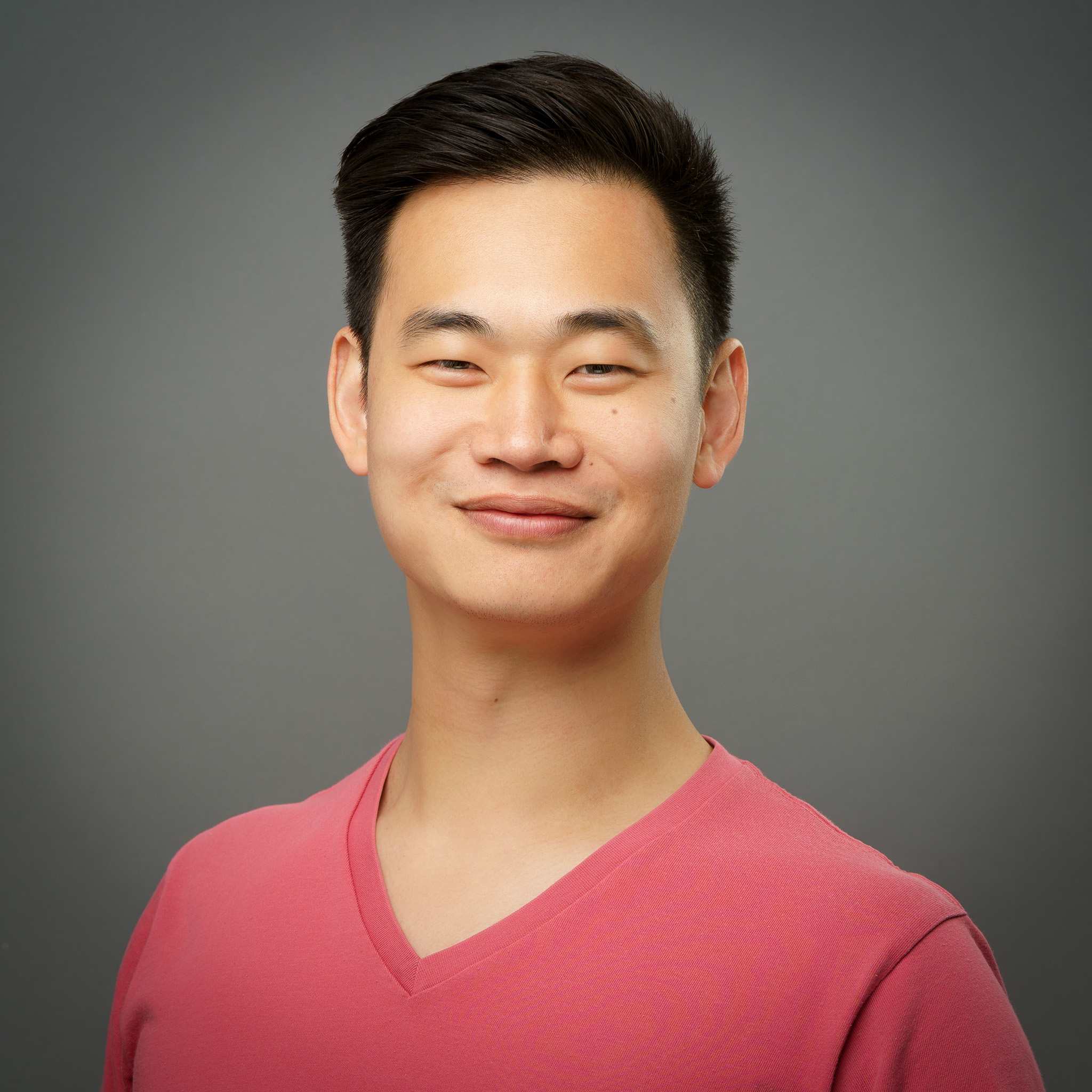
QBI is pleased to welcome Kevin Lou to our Fellowship Program, where early-career scientists are supported in launching independent research within UCSF’s vibrant, collaborative environment. In this feature, he shares what inspired his journey into chemical biology, why QBI is the right place to pursue his vision, and how quantitative approaches are shaping the future of drug discovery.
My research focuses on using synthetic chemistry and functional genomics techniques to develop new approaches in drug design. What drew me to chemical biology in general was learning how medicines are made through chemistry and how every atom in a therapeutic molecule can be perfectly positioned to serve its purpose. During my graduate work, I investigated linked chemotypes, molecules that break traditional “drug-like” chemical design rules, and we discovered cellular mechanisms like IFITM-assisted uptake that help these unconventional molecules function. I’m excited to leverage these expanded drug design possibilities to develop more molecules with new mechanisms of action that could be therapeutically useful.
QBI’s interdisciplinary environment aligns well with my work, which brings together chemistry and systems biology approaches. I’m also excited by the technological platforms at QBI, particularly mass spectrometry, functional genomics, and computational capabilities, as well as their collaborative approach to science. I hope to complement the existing expertise at QBI by bringing a drug discovery perspective to help translate the biological insights being generated into potential therapeutics.
I’m inspired by the collaborative culture here and the drive to tackle important questions across different areas of biology using quantitative, systems-based approaches. Members regularly share their research and bounce ideas off one another with an eye toward applying these technologies where they can have the most impact.
The unprecedented scale of data generation in biomedical research, combined with emerging computational approaches, is transforming how we tackle scientific questions. The field of chemical biology is no exception. In chemical biology, we can now combine large-scale genomic and proteomic data with chemical perturbation to understand how therapeutic molecules work at a much more detailed level. Our IFITM-assisted uptake pathway discovery came from this kind of systems-based approach. Looking forward, as therapeutic molecules become more complex in how they interact with biological systems, quantitative biology approaches that enable their characterization at scale will be increasingly essential at every stage of drug development.
My undergraduate mentors, the late Amos Smith III and Carlo Ballatore, helped me establish a strong foundation in synthetic organic chemistry and medicinal chemistry and were instrumental in sparking my initial interest in research. Kevan Shokat provided invaluable guidance as my PhD mentor while encouraging me to think independently and pursue unconventional ideas. Luke Gilbert was also an important mentor and collaborator who helped me learn CRISPR functional genomics. Working across both the Shokat and Gilbert labs showed me how valuable it can be when different disciplines collaborate, and this experience shaped how I approach research today.
I’m really excited to be in an environment where large-scale data generation and computational capabilities can help accelerate discovery. The combination of QBI’s technological platforms and collaborative culture creates opportunities to approach complex biological questions that might not be possible elsewhere. Being surrounded by experts across different disciplines means I can contribute from the chemical drug design perspective while learning from computational biologists, systems biologists, and others who are approaching similar questions from different angles. I’m also inspired by the potential to translate fundamental insights into molecules that could eventually benefit patients.